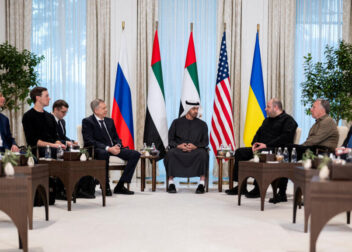Pahalgam Attack Prompts Cricket Diplomacy Debate
Lead: The April 22, 2025, terrorist attack in Pahalgam, India, which killed 26 people, has reignited calls to suspend cricketing ties between India and Pakistan. Indian cricketers, including Mohammed Siraj, condemned the attack, fueling discussions about sports diplomacy. The debate underscores cricket’s complex role in geopolitics.
Background
Cricket has long been a diplomatic tool in India-Pakistan relations, with matches fostering goodwill despite political tensions. However, terrorist attacks, like the 2008 Mumbai incident, have repeatedly halted bilateral series. The Pahalgam attack, targeting civilians, has intensified anti-Pakistan sentiment in India, with some former players urging the BCCI to cut all cricketing ties. Cricket’s global reach—2.5 billion fans—makes such decisions symbolically significant, impacting fans and players across borders.
Key Developments
The attack has sparked notable reactions:
- Player Condemnations: Indian stars like Siraj and Rohit Sharma publicly denounced the attack, with Siraj calling for peace. Pakistan’s Mohammad Hafeez also expressed solidarity, complicating the narrative.
- BCCI Stance: The BCCI is under pressure to boycott Pakistan in ICC events, though no official decision has been made as of April 2025.
- Fan Sentiment: Social media reflects polarized views, with Indian fans demanding a ban and Pakistani fans urging cricket’s separation from politics.
- Global Response: The ICC emphasized cricket’s role in unity but avoided commenting on bilateral ties.
A former Indian cricketer remarked, “Cricket can’t heal all wounds, but it shouldn’t be a casualty of conflict.” The attack’s toll—25 Indians and one Nepali—has amplified calls for action.
Implications
Suspending India-Pakistan cricket ties could have wide-ranging effects. Diplomatically, it may escalate tensions, reducing rare cultural exchanges between the nations. Economically, the absence of high-stakes matches could cost broadcasters and sponsors $200 million annually, given the rivalry’s viewership. For fans, it risks alienating a generation of Pakistani players, like Babar Azam, from global stages. However, maintaining ties could be seen as downplaying the attack’s severity, challenging India’s stance on terrorism. Globally, the decision will test cricket’s ability to bridge divides amid political strife.
Conclusion
The Pahalgam attack has thrust cricket into a geopolitical spotlight. As the BCCI deliberates, watch for its impact on ICC events and fan reactions. Cricket’s role as a unifier hangs in the balance.


